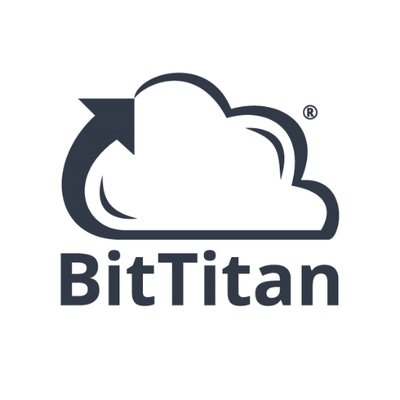Not sure what to practice? In this guide, we delve into a wide array of C++ problems, ranging from fundamental syntax and basic data structures for beginners, to advanced concepts like object-oriented programming (OOP) and efficient memory management for experienced developers. Each problem is accompanied by a detailed solution and an explanation to aid in understanding the solution and to deepen your grasp of the underlying concepts. Whether you’re starting your journey in C++ or looking to refine your expertise, this guide serves as a valuable resource to navigate through the intricacies of one of the most powerful programming languages.
Evaluating your current skill level in C++ is crucial for effective learning. We recommend starting with basic problems and gradually progressing to more complex ones, allowing you to accurately gauge your understanding and identify areas needing improvement. Setting clear goals is essential, whether it’s mastering specific features of C++ or preparing for a technical interview. Your goals should align with your professional development objectives and the role you’re interviewing for—whether that means becoming proficient in writing efficient code for large-scale applications, or gaining a deep understanding of lower-level C++ for system-level programming.
To create a structured practice plan, start by allocating regular, focused practice sessions, prioritize topics based on your goals, and use a variety of resources like coding challenges, open-source projects, and community forums to enhance your learning experience. The key to mastering C++ is consistent practice and a willingness to continually challenge yourself.
Jump to a section
What you will need to get started
Before diving into practice problems, you’ll need to configure your coding environment if you haven’t already. You have various options, each with its own merits and drawbacks. Trying out multiple setups can improve your adaptability, so take the time to discover which one suits your preferences and workflow best. We’ll discuss some environment options below.
IDEs
Using fully-featured IDEs for C++ interview preparation provides a comprehensive environment, integrating editing, building, and debugging seamlessly. The GUI-based project configuration simplifies the setup, making it easier to manage larger codebases efficiently. IDEs come with advanced features like code refactoring, enhancing productivity during interview simulations. However, be mindful of the potentially steep learning curve associated with complex UIs, and the resource-intensive nature of IDEs if you haven’t used one before. Conversely, for more senior engineers and those very comfortable with their IDE, pay attention to your debugging methods. Many interview platforms don’t have rich environments for watching variables, compilation warnings, and code completion, so consider practicing interview questions in a different environment than what you’re used to so that you’re able to adapt to a few methods of debugging.
Code editor and command line
For interview practice in C++, opting for a code editor like Sublime Text or VS Code with command-line tools provides flexibility and control. This setup allows developers to delve into the intricacies of makefiles and the build process, which can be helpful for beginners learning how compilation works in C++ and how files interact. While this setup is lightweight and fast, offering a consistent experience across platforms, be aware that configuring the toolchain and compiler may require extra effort. The lack of built-in debugging may make it difficult for beginners that are still learning C++ debugging. Nevertheless, this approach can be beneficial for honing manual coding and build skills, which are often tested in interviews.
Online IDEs
For quick, instant coding practice, online IDEs offer immediate accessibility without the need for setup. They are suitable for short, focused tests and demonstrations, making them convenient for interview preparation. This helps emulate many interview situations where you’re coding online with a less-customized environment. However, be aware of the limitations, such as restricted features compared to desktop IDEs. The inability to save work locally might be a drawback if you want to review your code later in another IDE for practice, and requiring internet access might limit when you can practice.
Libraries and dependencies
When preparing for C++ interviews, having the right libraries accessible simplifies implementation and allows you to concentrate on core programming concepts. Fortunately, most standard facilities needed for interview practice come built-in:
Headers like , , provide collections, utilities
I/O streams using and
Containers/iterators in , ,






















